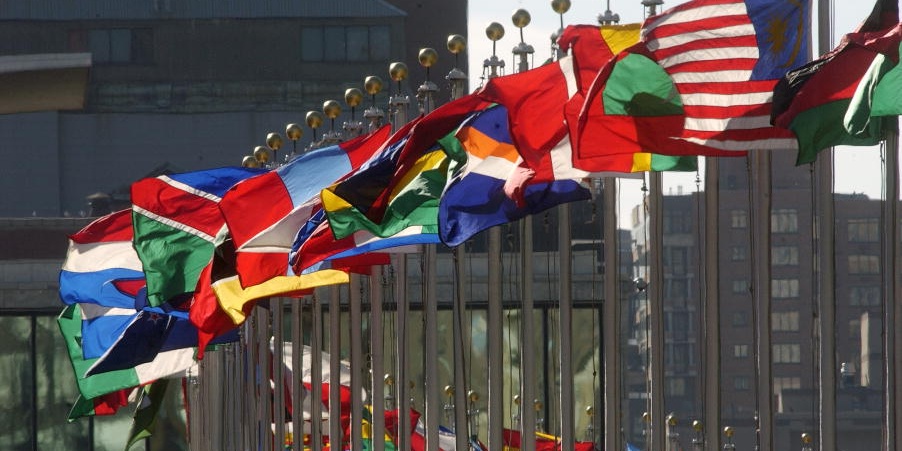
The ISC has approved the appointment of a group of renowned scientists, former UN officials and diplomats to lead the development of the Council’s strategy in the intergovernmental system. The group will be chaired by Julia Marton-Lefèvre, a global leader in environmental science and policy.
“I am grateful to the distinguished and busy individuals who have accepted the ISC’s invitation to join the steering group and look forward to our first meeting at the end of March. We will work during the coming months to provide advice to the ISC on its positioning as the principal source of independent and high-level scientific advice to the intergovernmental system.”
Julia Marton-Lefèvre
The COVID-19 pandemic has shown the critical importance of evidence-based information and advice to address complex global challenges. The ability to harness science from across disciplines and turn it into real insight for policy and action is an essential component of the governance architecture needed to address 21st century challenges.
Echoing the words of the UN Secretary General in April 2020, “it is time for science and solidarity” as the world needs to simultaneously address the response and recovery from the COVID 19 pandemic, agree on a new global framework for biodiversity, ramp up ambitions to tackle the climate emergency, transform food systems and make progress across the 17 Sustainable Development Goals. All of the challenges on the multilateral agenda are complex, urgent, have a degree of uncertainty, and require global cooperation in order to be addressed effectively. As a global public good, science has an essential role to play at the interface with policy and practice in order to provide robust knowledge to frame issues, to inform decision-making and to support the identification and implementation of solutions at all governance levels.
The Council’s strategy is expected to identify opportunities and mechanisms to improve the science-policy interface at the global and regional levels, and develop a roadmap for the ISC to play an effective role in this enhanced global science-policy interface.
Chair
President-Elect of the ISC
Member of the ISC Governing Board
Secretary General Emeritus – World Meteorological Organization.
Professor at the Environmental Change Institute, University of Oxford; Neoma Business School, France; Adjunct Professor at Sciences Po.
Associate Professor of Global Governance and Director of the Center for Governance and Sustainability, University of Massachusetts Boston
Director General Emeritus of the International Center for Tropical Agriculture (CIAT-CGIAR).
Professor Emeritus of Biological Systems Engineering, University of Nebraska-Lincoln; Daugherty Distinguished Fellow, University of Nebraska.
CEO, ISC
Executive Director, Inter-American Institute for Global Change Research.
Founding Director of the Technology and Management Centre for Development (TMCD); Professor of Technology and International Development, University of Oxford.
Ambassador of Kenya to the French Republic, Portugal, Serbia & Holy See.
Find out more about the ISC’s work on Science-policy interfaces at the global level.
Contact: Anne-Sophie Stevance.